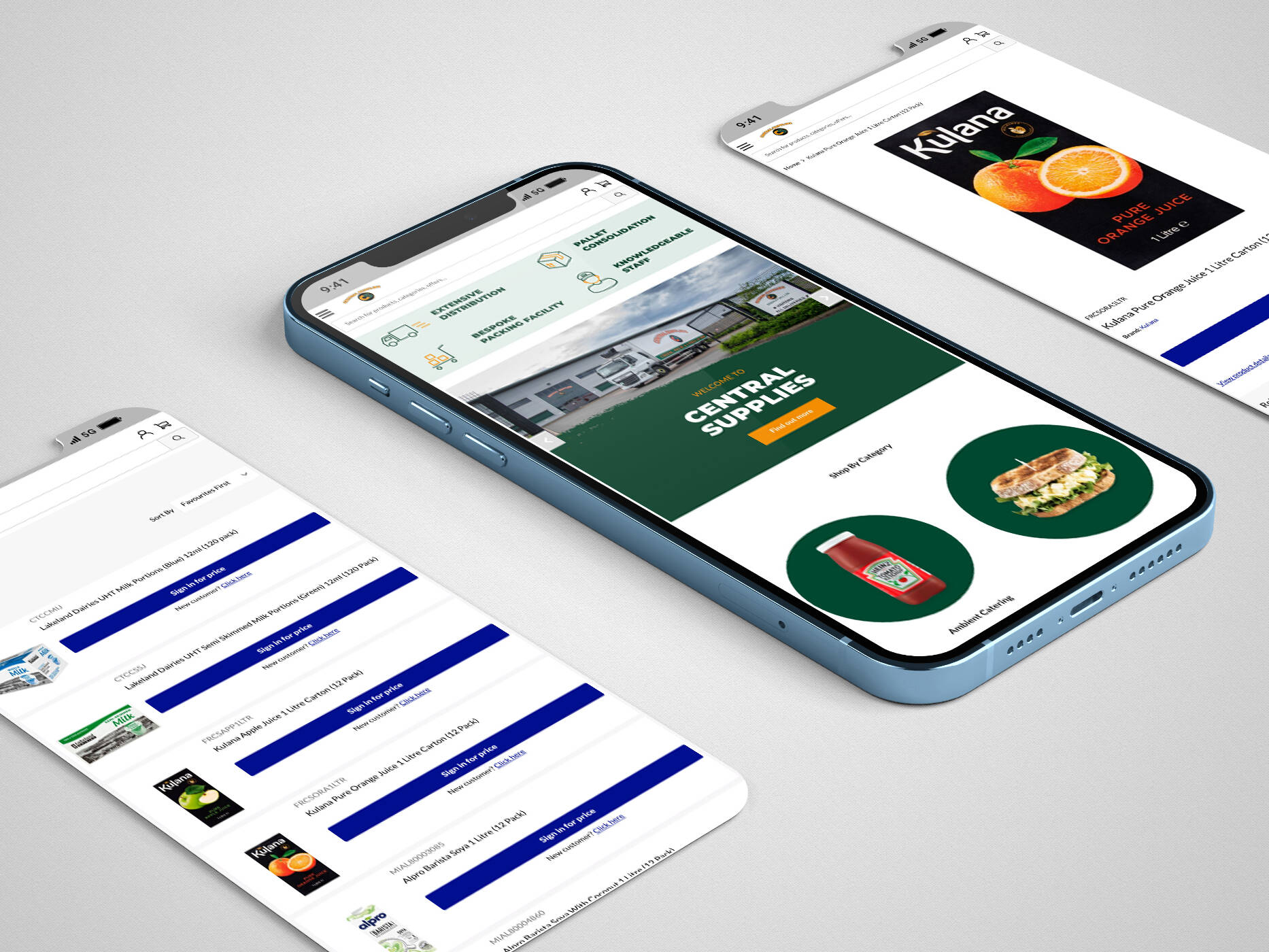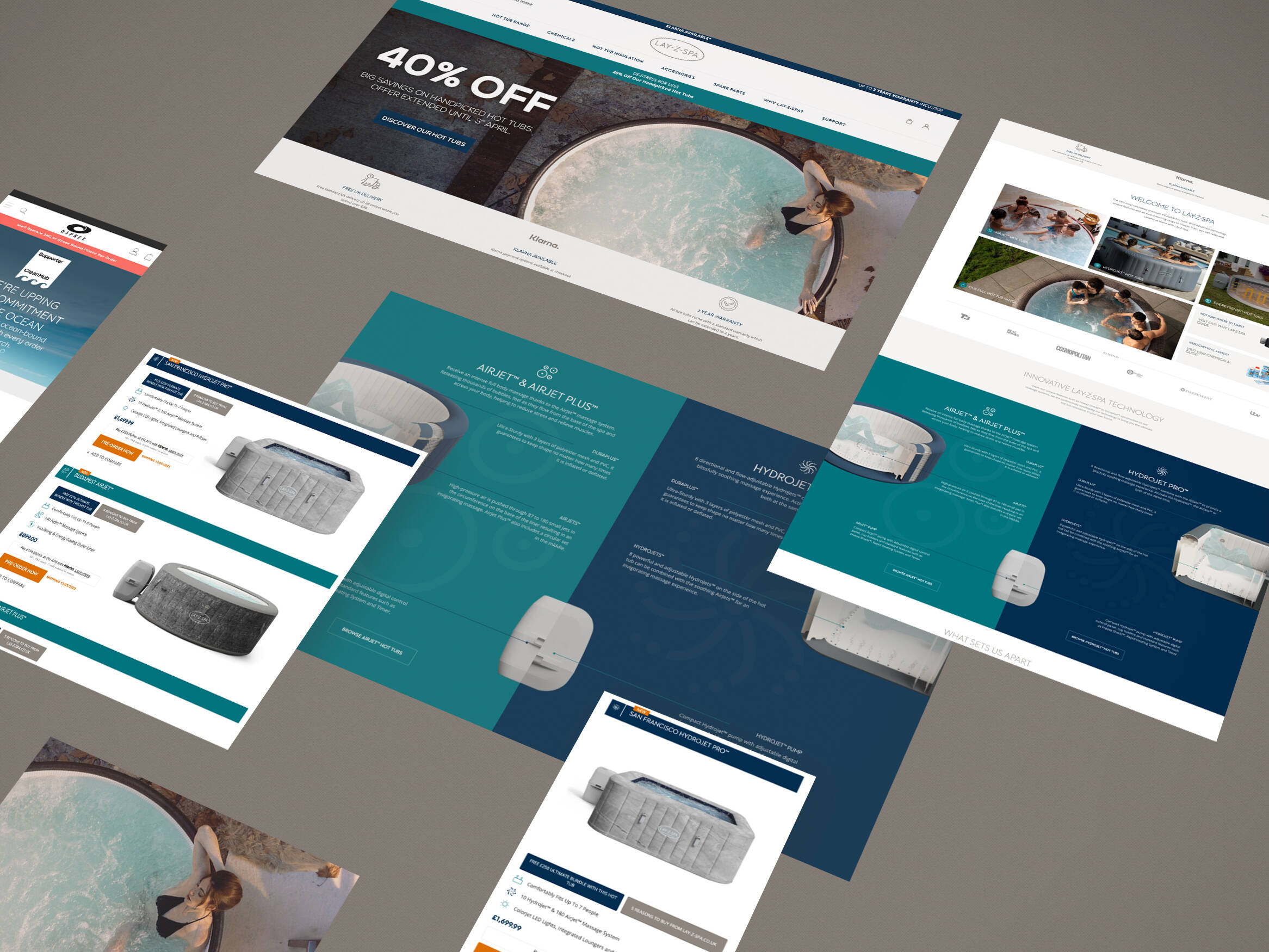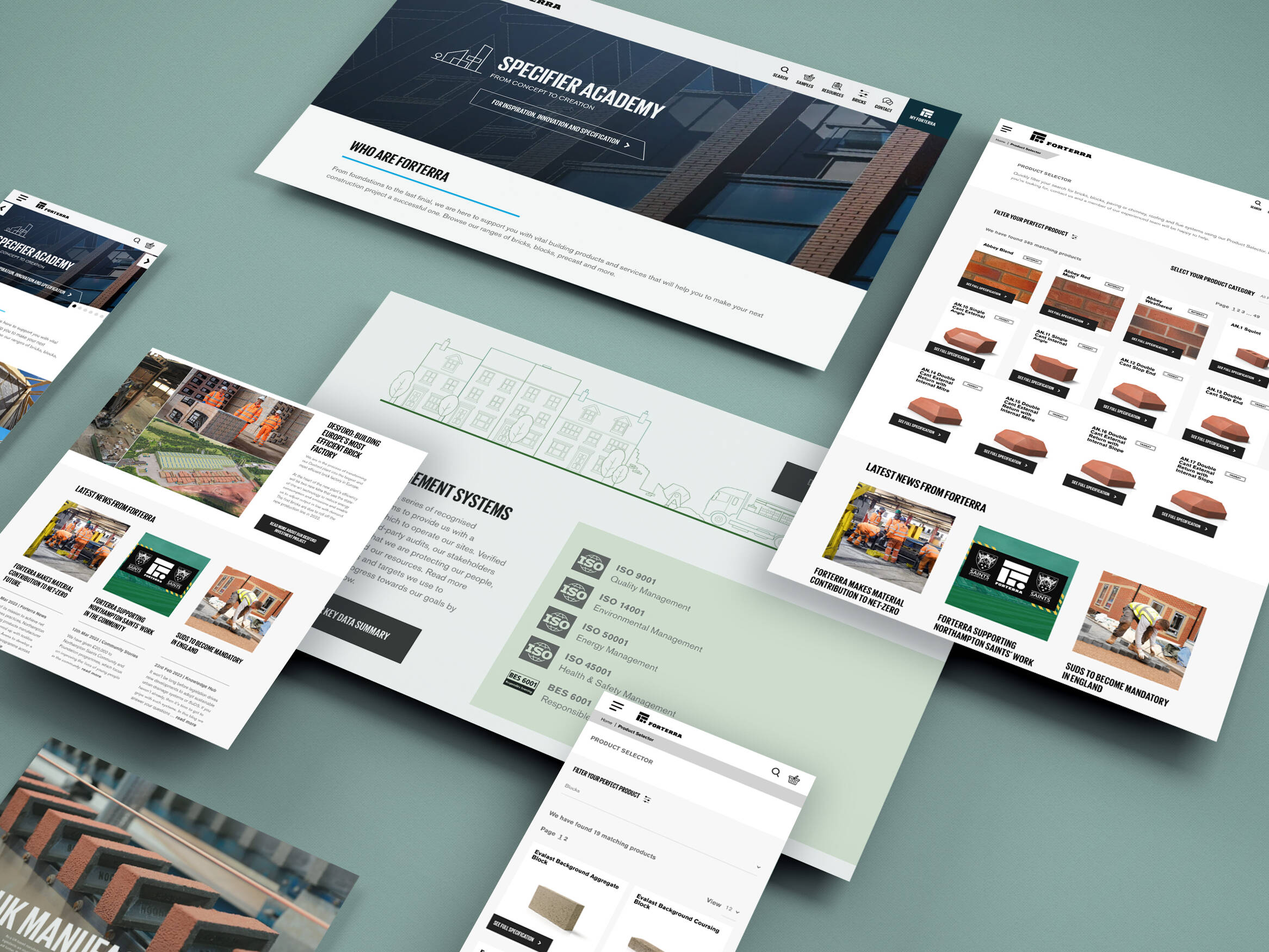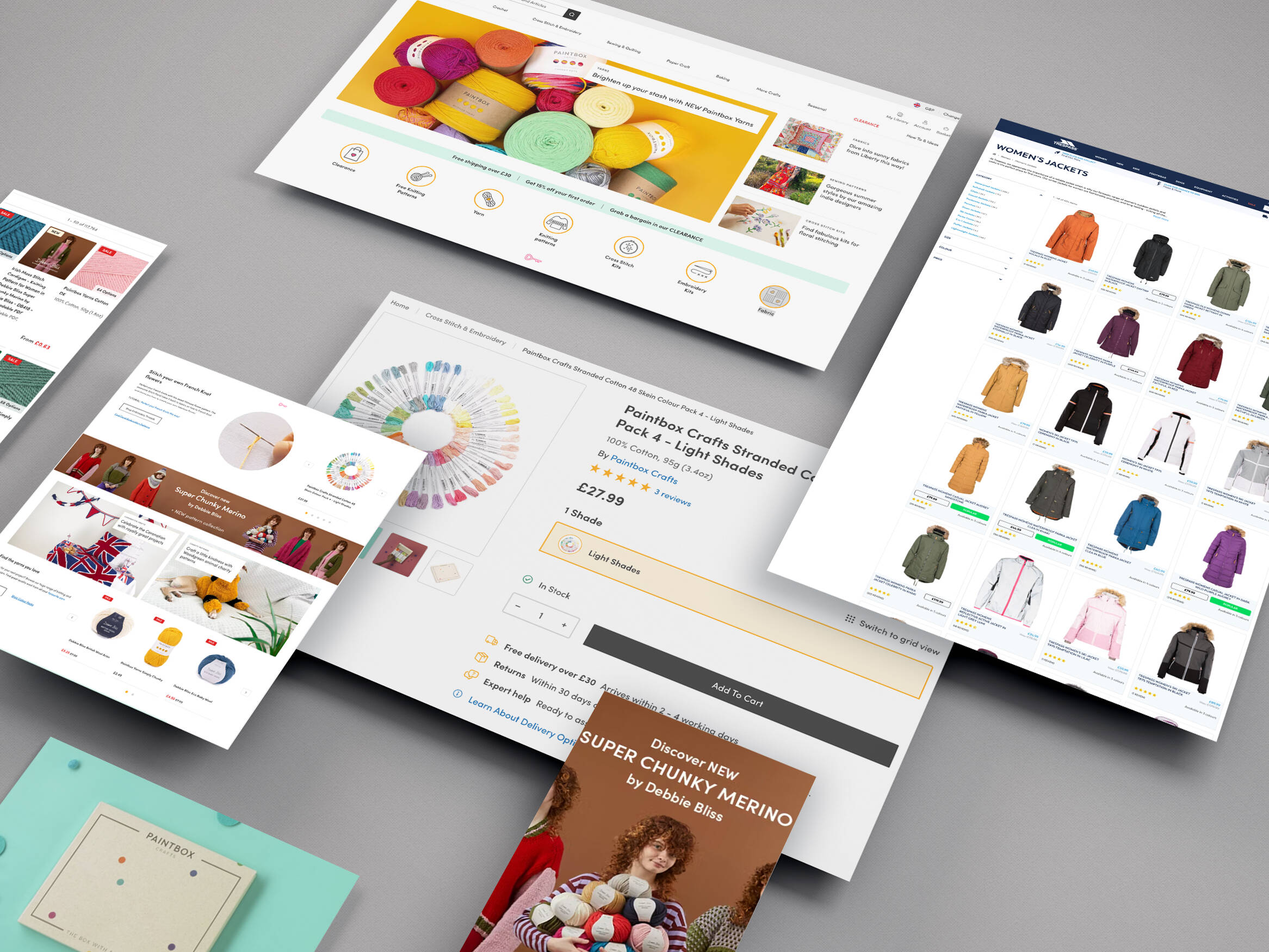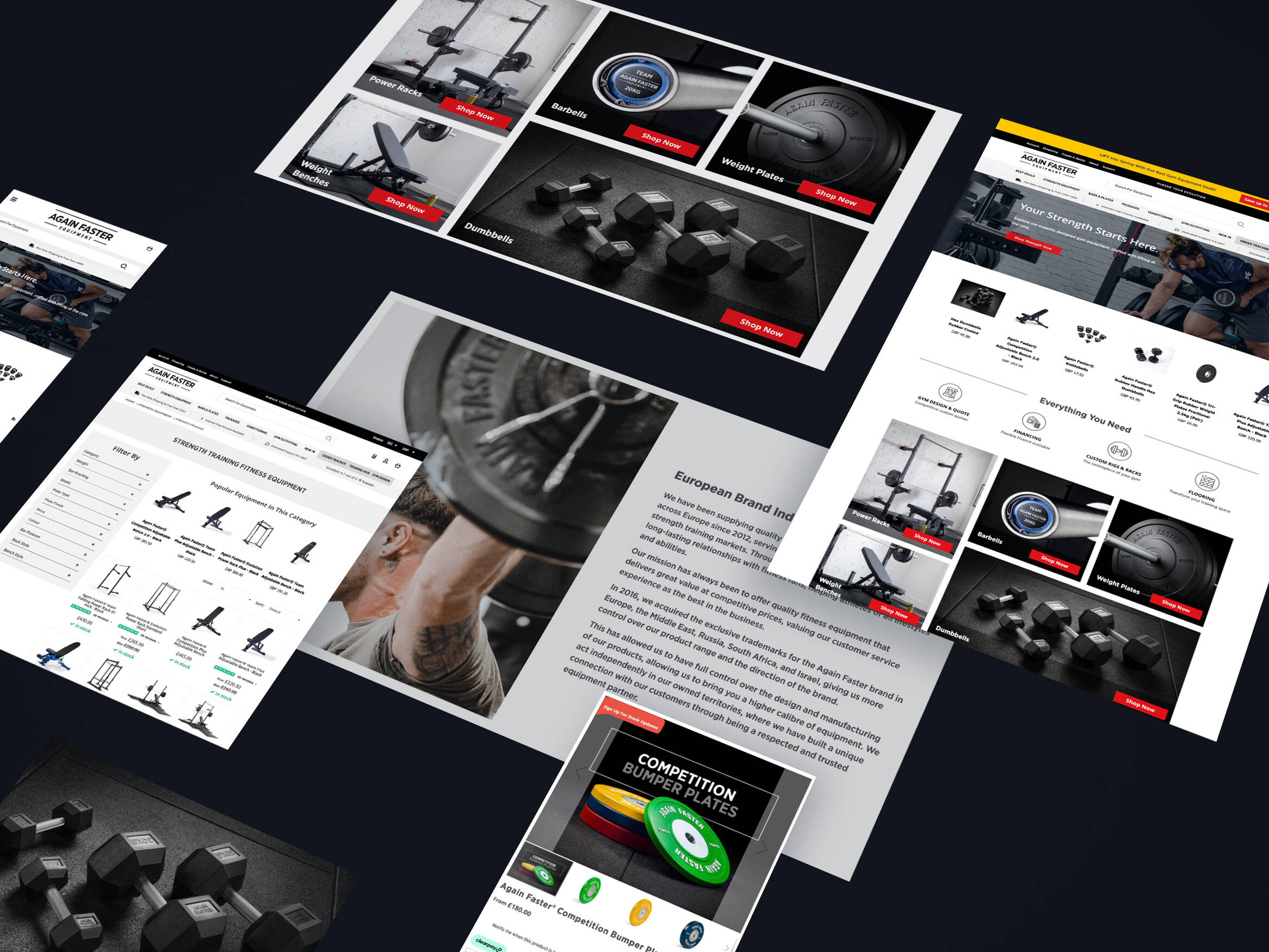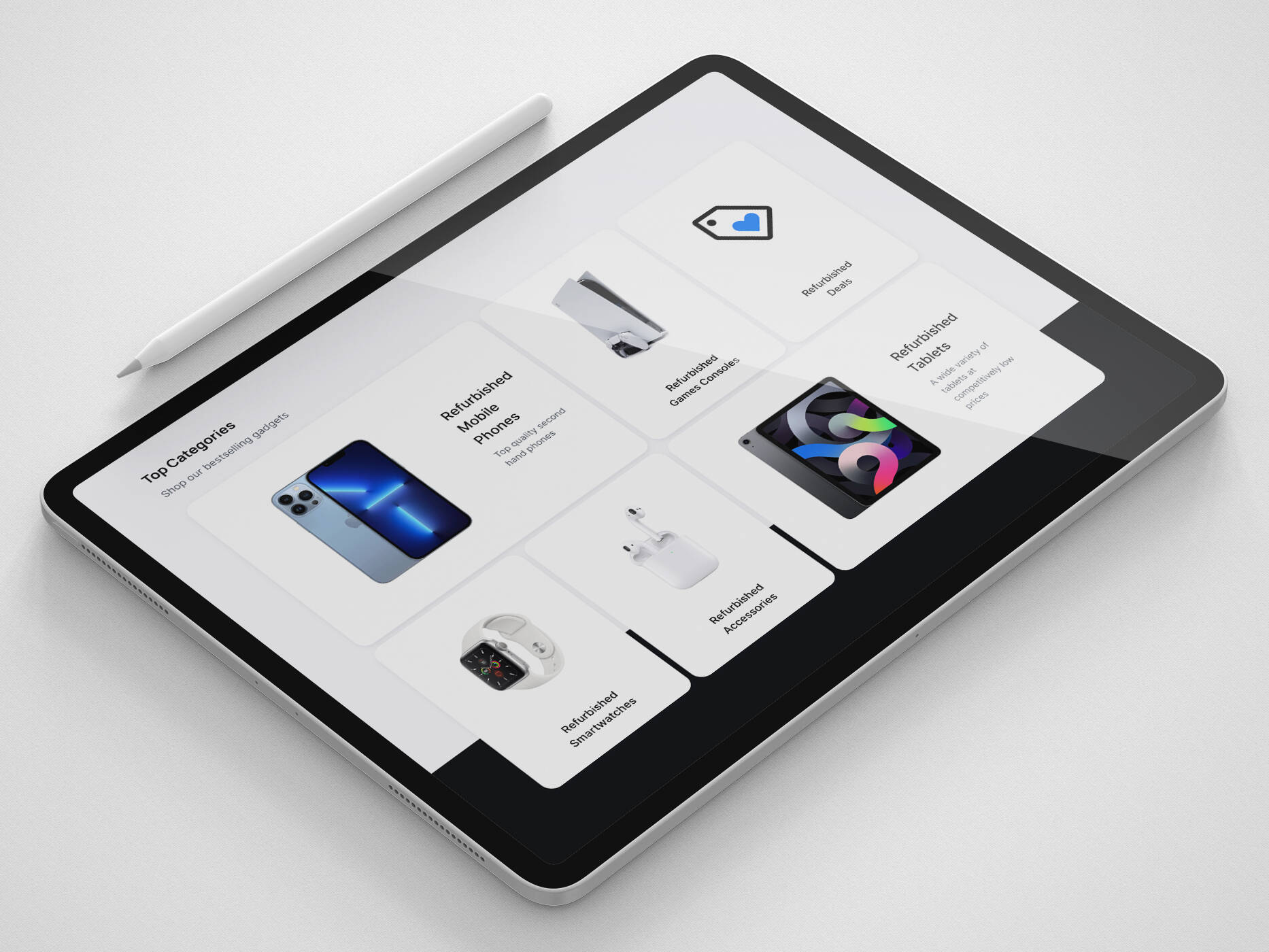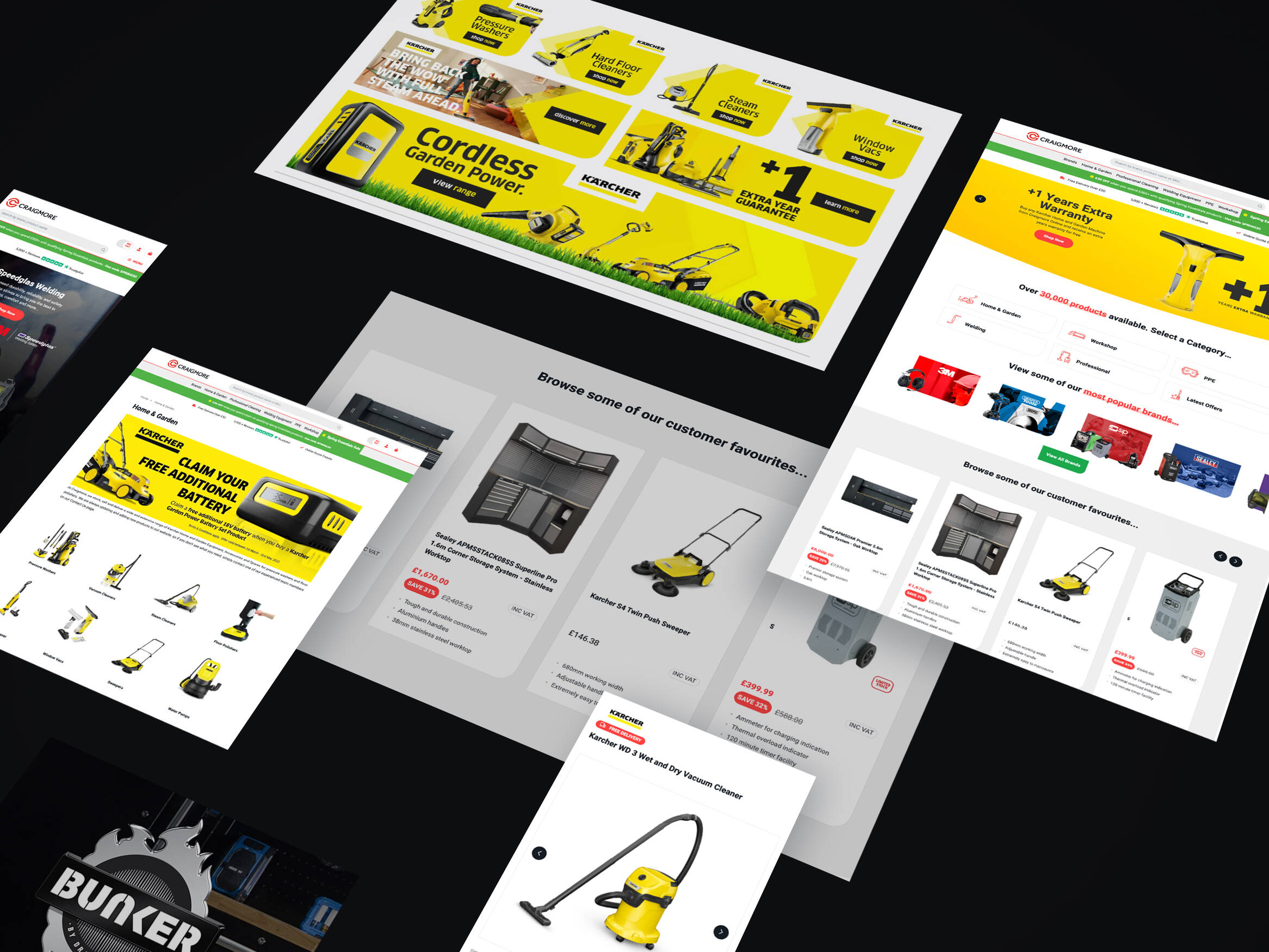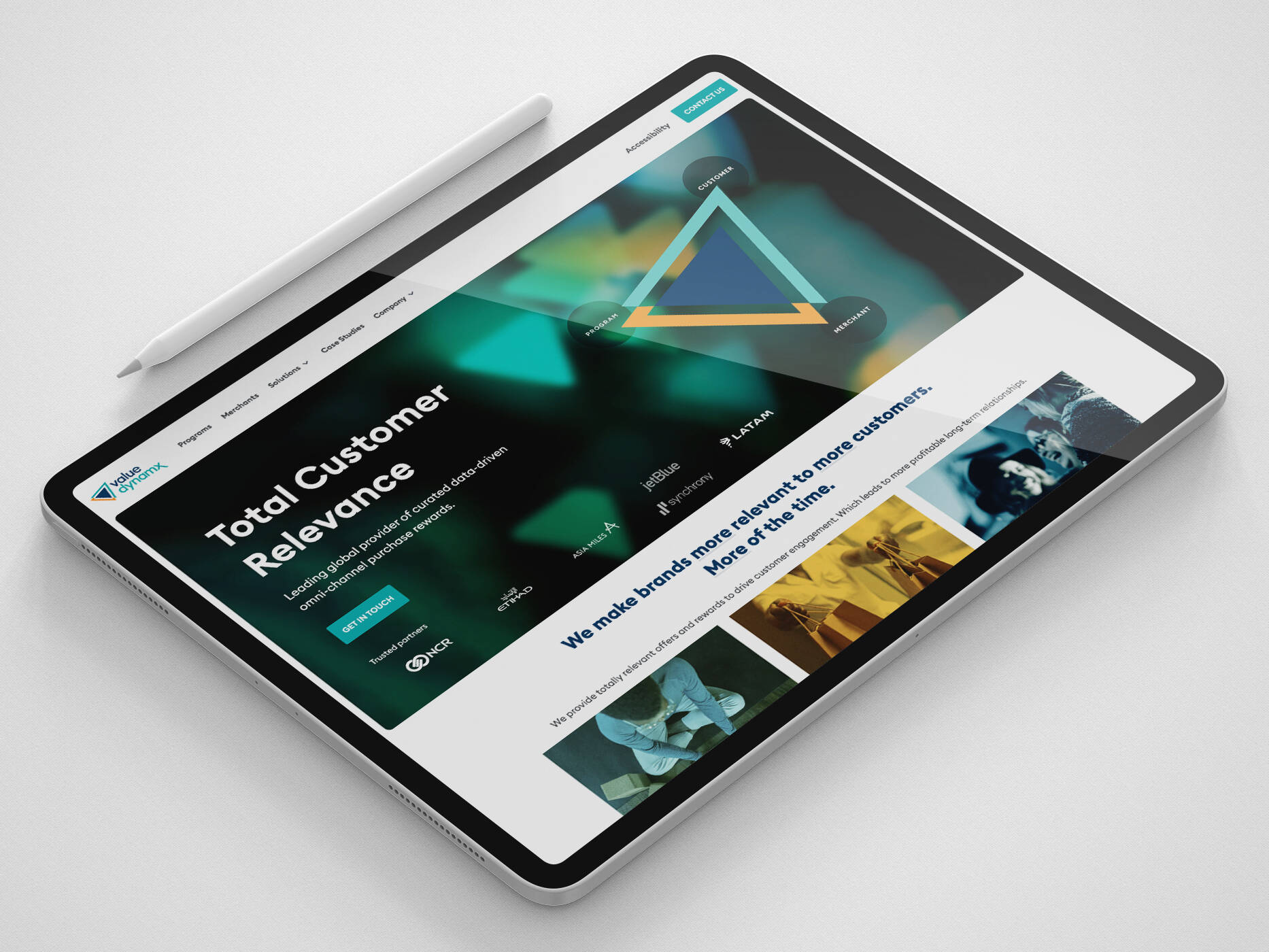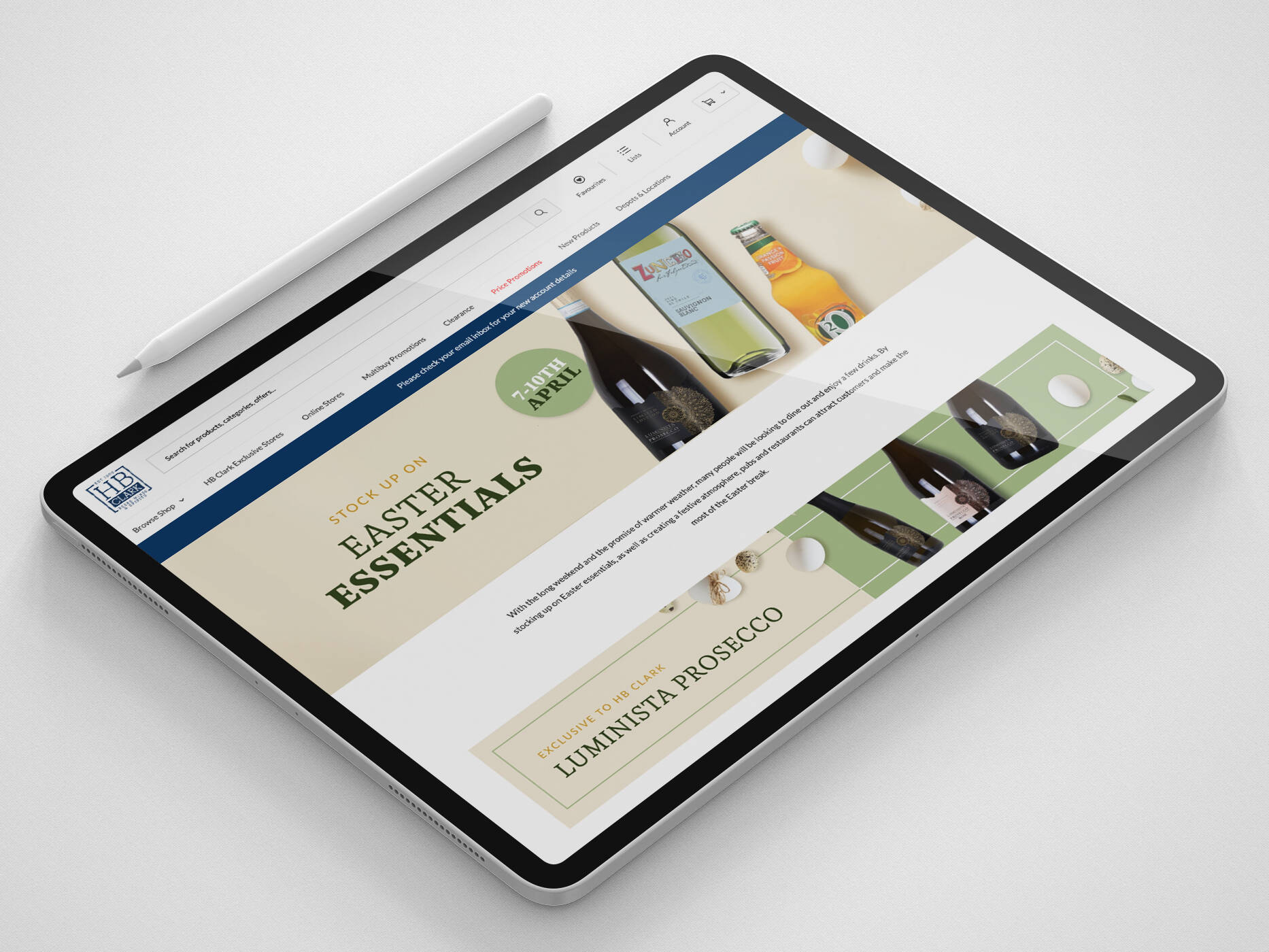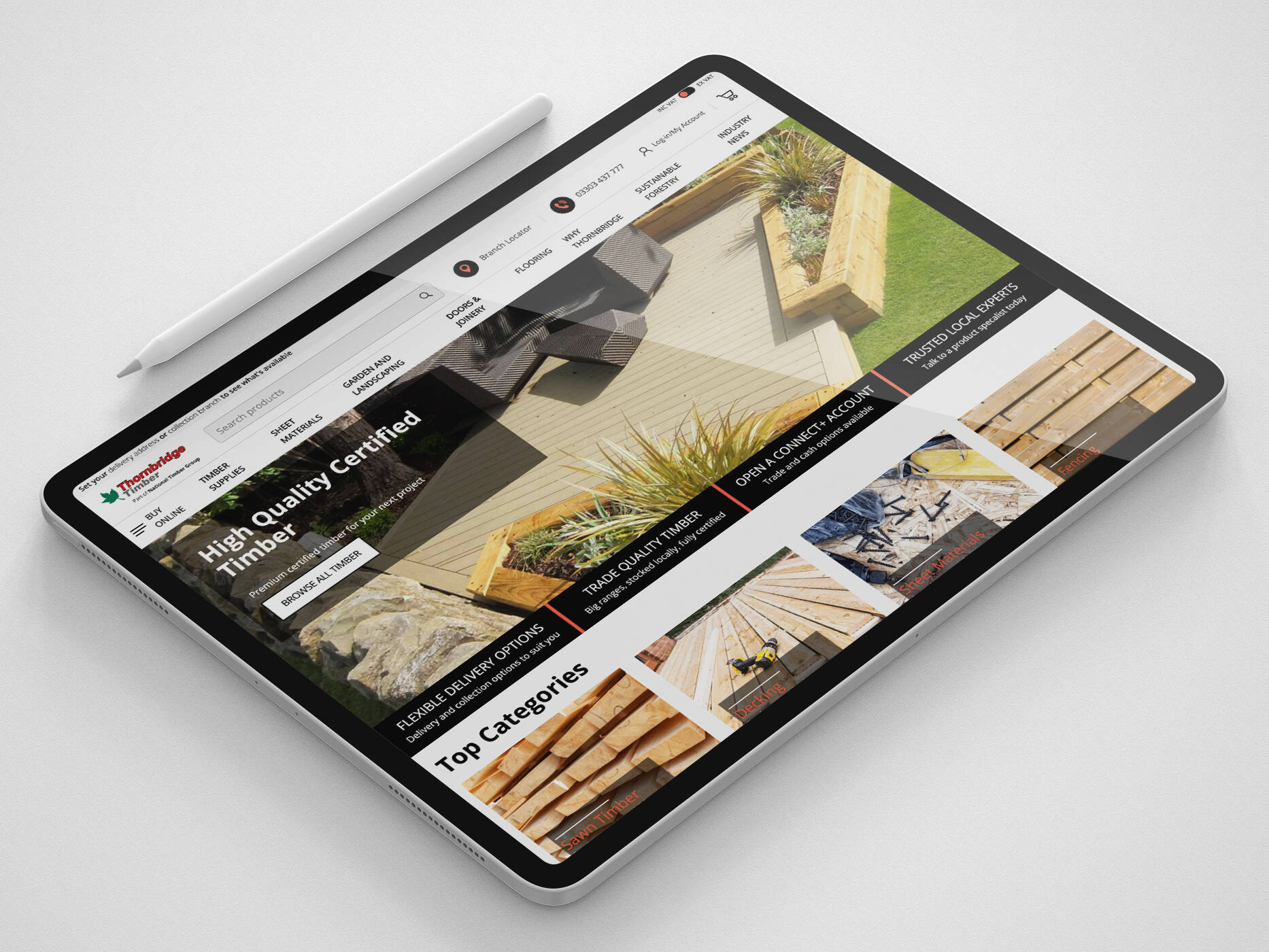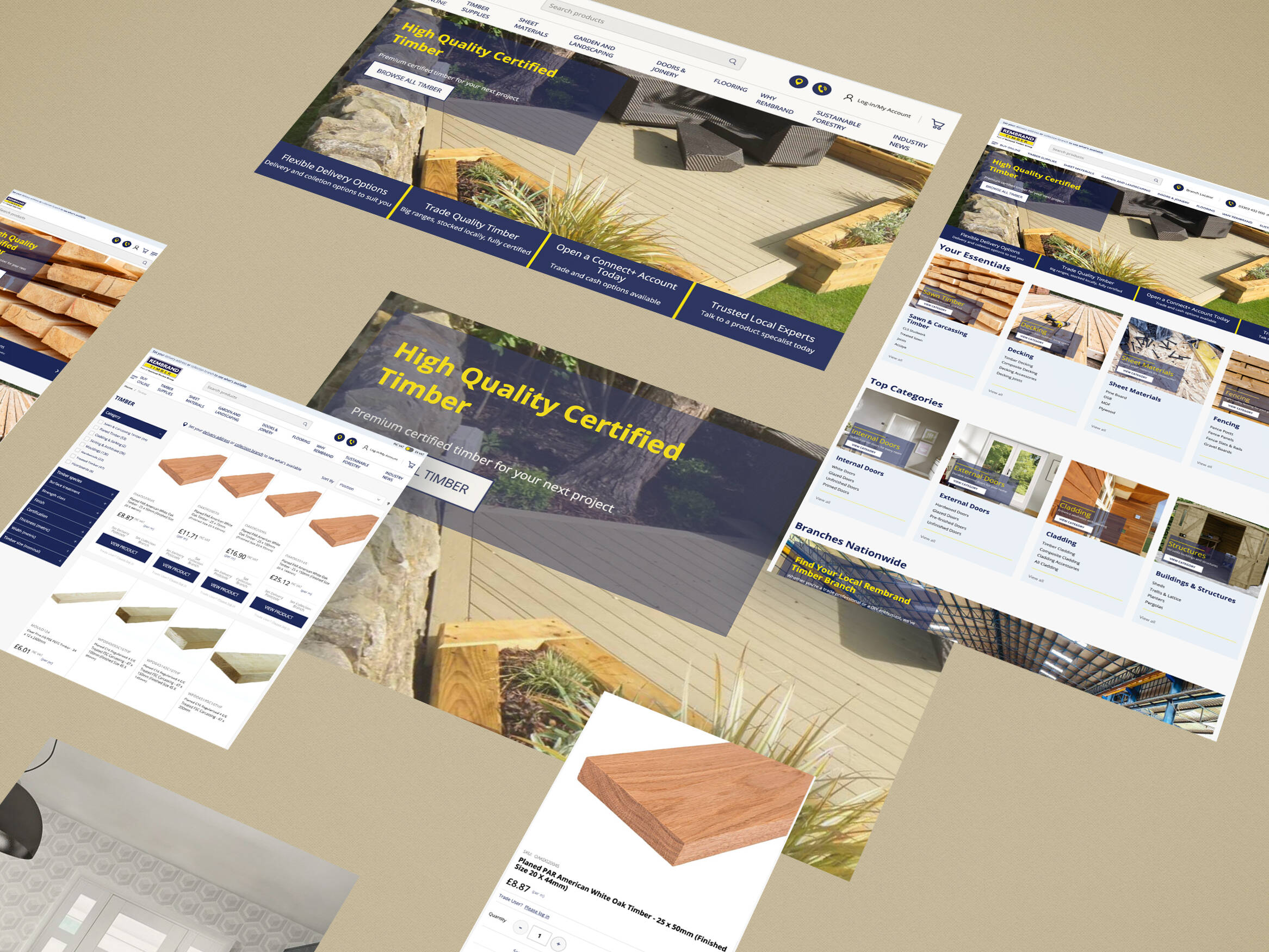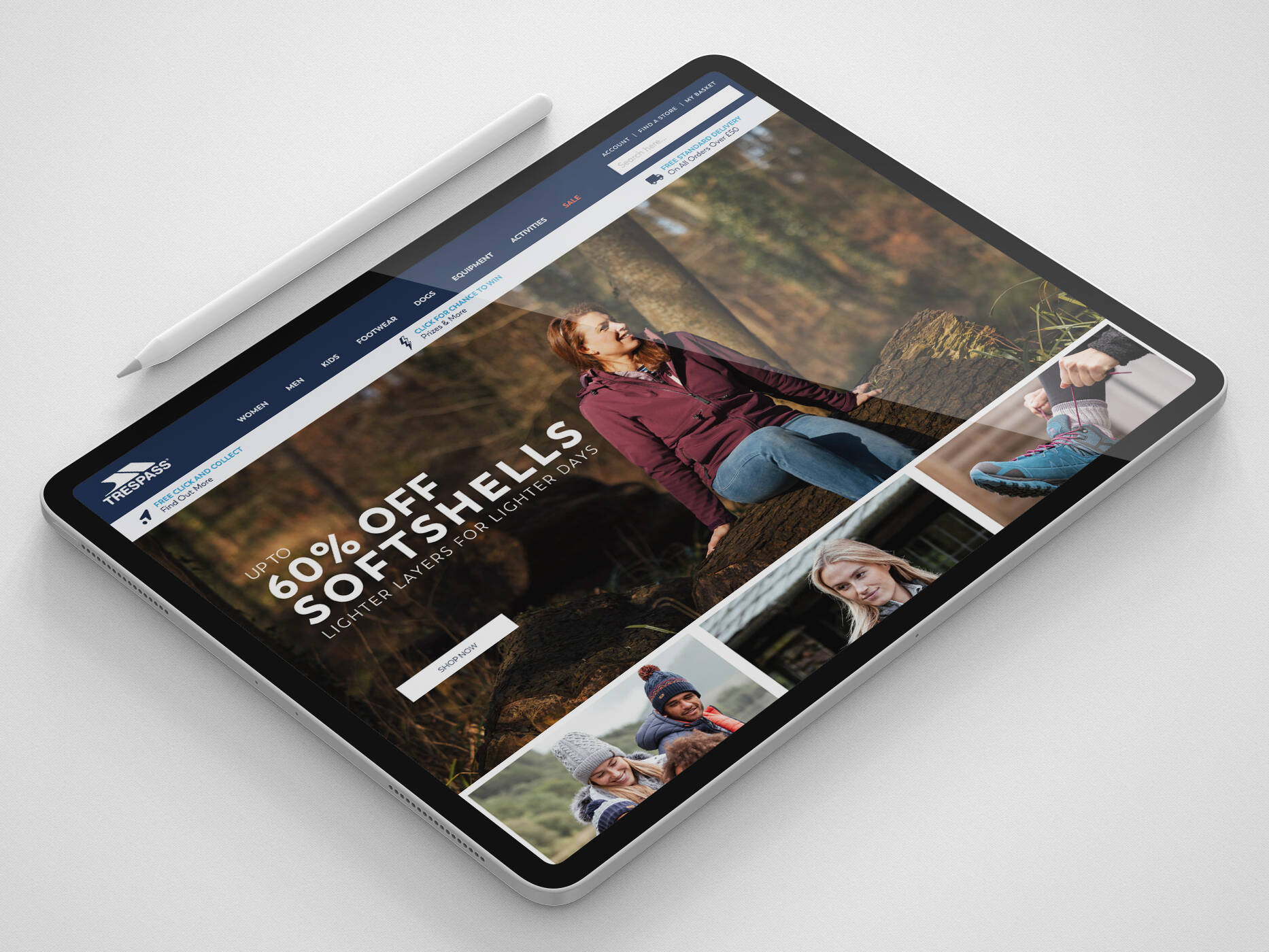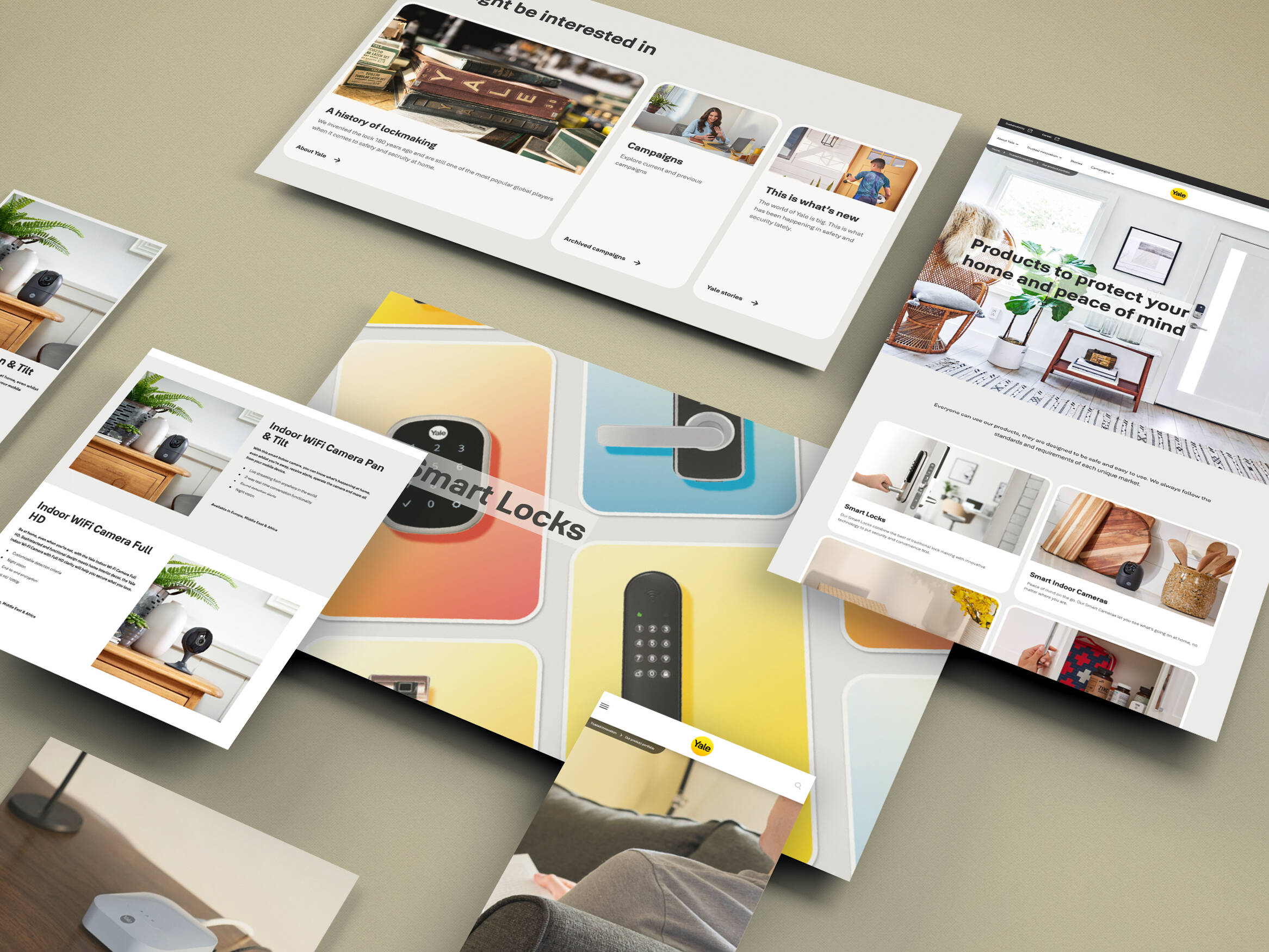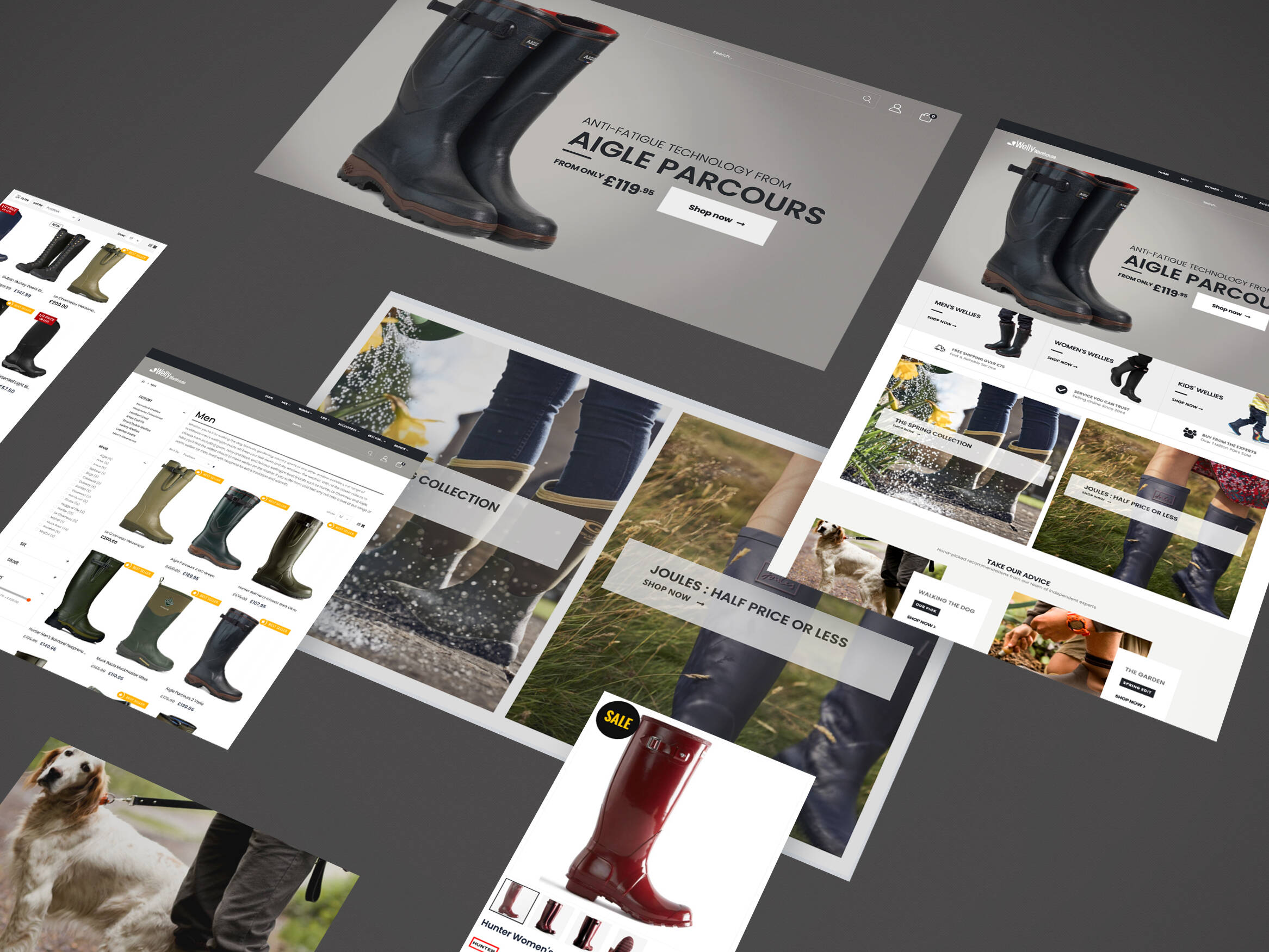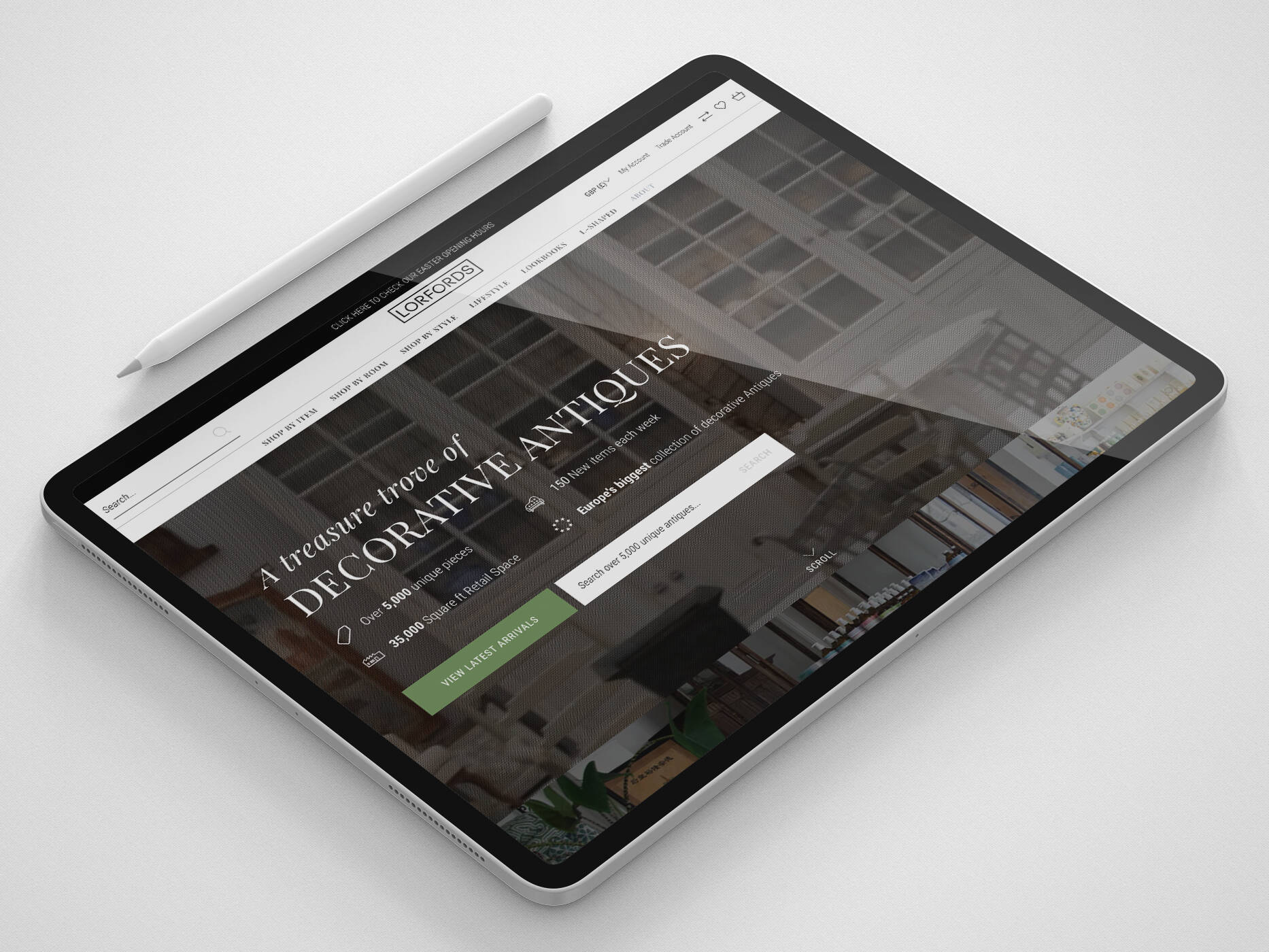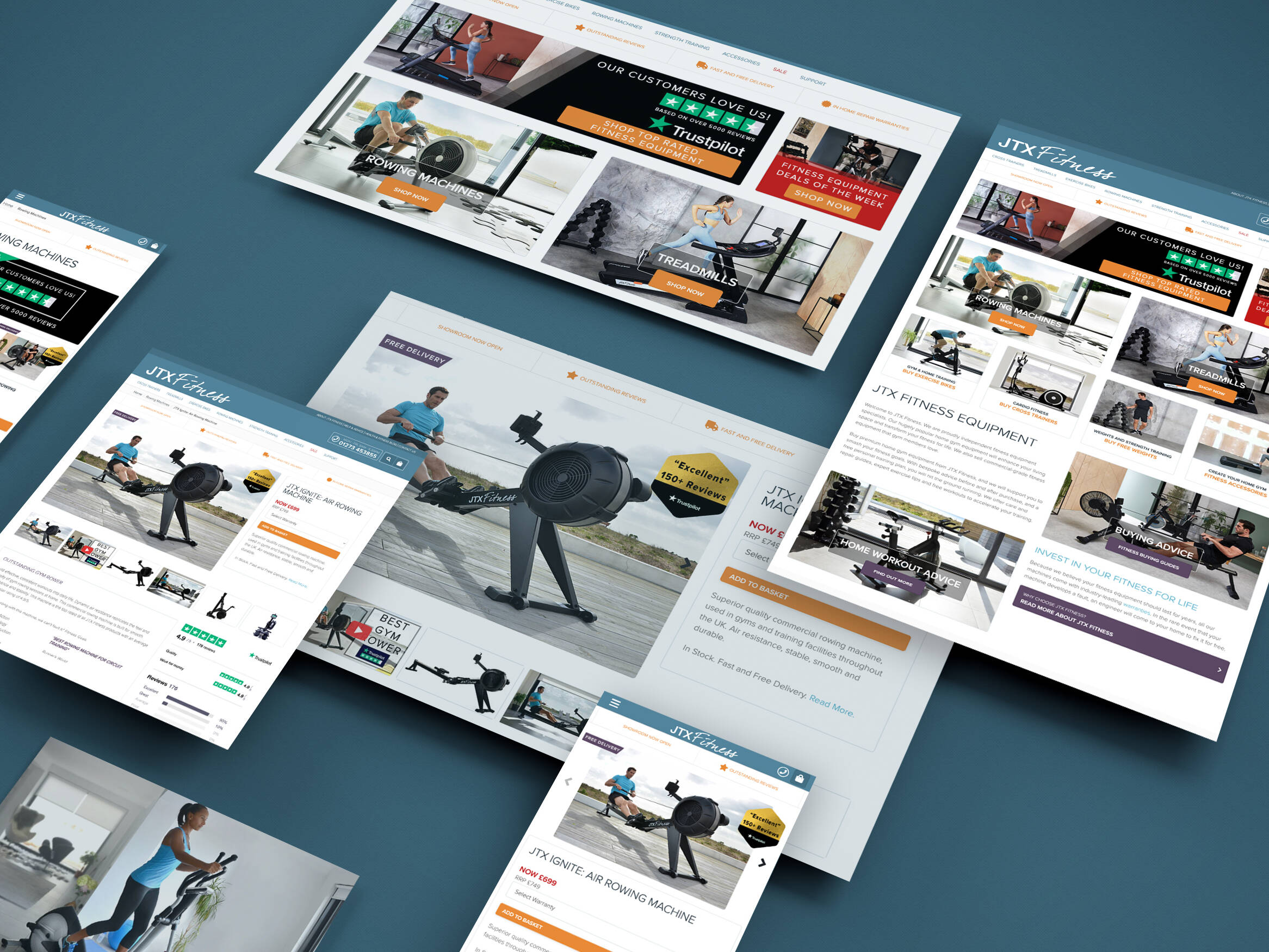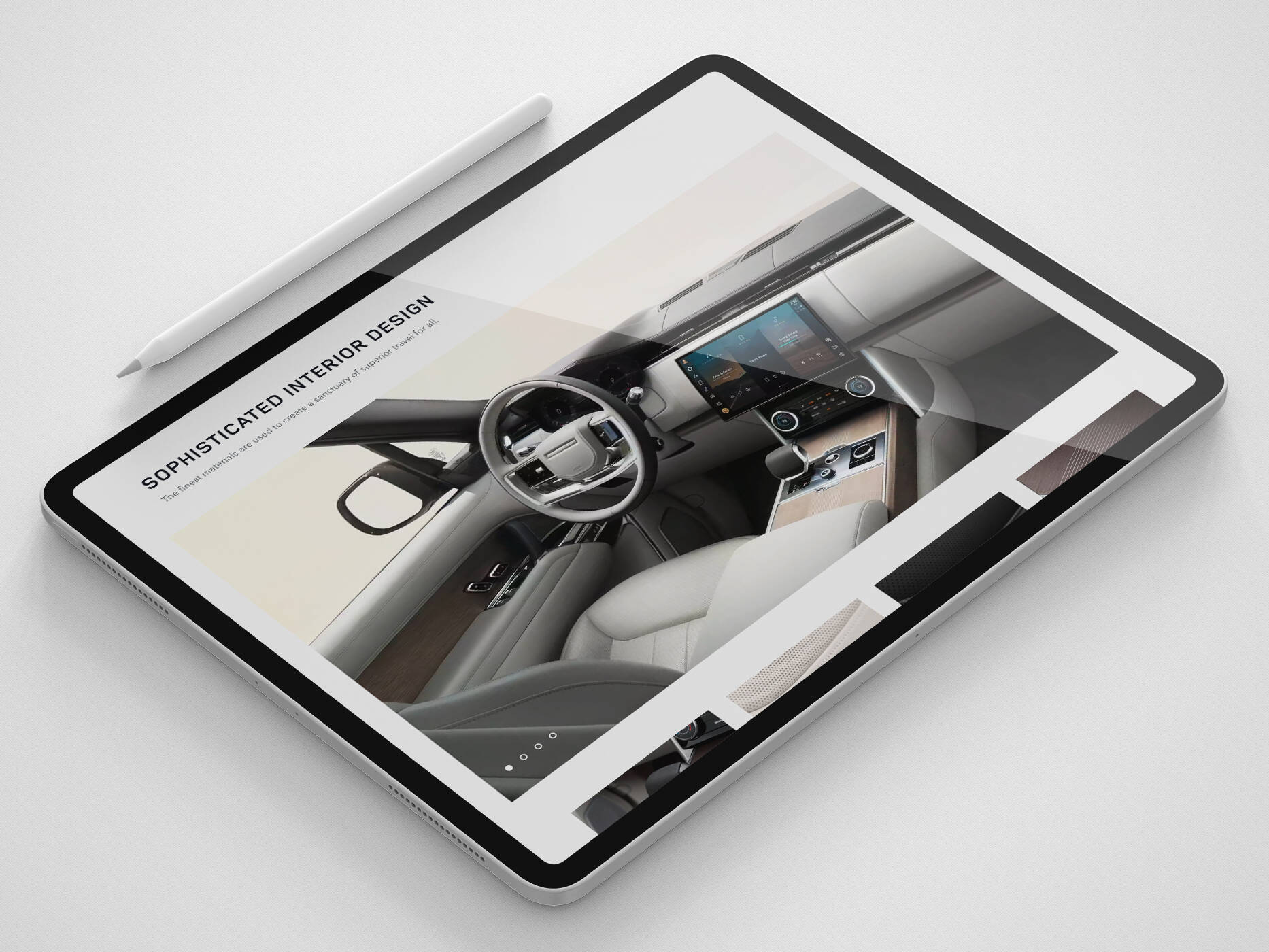On 5th June, we were extremely proud to host our third event: iWeb Live 2019. The day consisted of inspiring talks from some of the biggest names in eCommerce including keynote speaker Ian Leslie, PayPal, BrightPearl, Adyen, ShipStation and more. Despite the many who attended, we feel it’s unfair to withhold such insightful information from those who couldn’t. So, grab a coffee, kick your feet up and prepare to learn…
Talk #1: How to be more curious (and less stupid) online
To start the day we were honoured to have keynote speaker, Ian Leslie, discuss how we as consumers and businesses need to be more curious online in order to reap the rewards.
Routine operations have seen a decline in employment share compared to those following non-routine operations and so, it’s imperative that we are actively showing an interest in new things to ensure our rate of research and innovation both personally and professionally, doesn’t decline.

2 Types of Curiosity:
There are two types of curiosity that we should consider as brands: Diverse and Epistemic. It’s crucial to consider both when you’re promoting your products in order to successfully bridge the curiosity gap and give your consumers enough information without overloading their want to learn more about you and your goods and services.
1) Diverse curiosity
Diverse curiosity consists of being impulsive with your thoughts and decision making and inevitably, its the feeling of wanting to “scratch an itch”.
2) Epistemic curiosity
Epistemic curiosity is cultivated and consists of wanting to explore a question as you require knowledge. This then creates the circle of epistemic curiosity whereby the more you know, the more you realise what you don’t know and the faster you learn.
Curiosity is a muscle. Use it or lose it. – Ian Leslie
So, how do you stay curious online?
- Be interested in what cannot be measured. Just because the data stated that Trump wasn’t going to win America’s 2018 election, there were plenty of anecdotes stating otherwise and when it came down to it, the anecdotes won (and across the board, anecdotes usually win).
- Use digital superpowers wisely. Don’t spend your time looking at pictures of cats and getting into arguments with strangers. Remember that your devices whether it’s a mobile phone, tablet or desktop, are capable of accessing the entirety of information known to man.
- Ask the unexpected, unscripted questions. This will help you to make a human connection with a brand and vice versa for businesses.
Talk #2: Mobile Optimisation Initiative: Simple wins on mobile
The second talk of the day was delivered by Rachel Woods from PayPal. We learnt about the importance of making mobile-friendly changes to your eCommerce checkout process in order to boost revenue and make for better customer experiences.
Mobile eCommerce traffic which was at 51% during the 2018 holiday season, surpassed desktop traffic which was at 41%, for the first time. Yet, sales from smartphones only made up of 31% of total revenue, suggesting that lots of consumers didn’t find it easy enough or perhaps, secure enough to follow through with their purchase, using their mobile device.
PayPal has created a community to help close this gap with 120 live experiments happening currently. Some of these experiments include:
1) Add the PayPal Express Checkout shortcut button.
Merchants are advised to put the PayPal button earlier in the checkout process to shorten the checkout time. This is also good for older audiences who are using tablets.
 Adding the shortcut button in the earlier stages caused an 8.72% increase in purchases from mobiles. Average order value also increased by 3.01%.
Adding the shortcut button in the earlier stages caused an 8.72% increase in purchases from mobiles. Average order value also increased by 3.01%.
2) Add the Auto-Cart update shortcut.
Inevitably this will help to reduce the steps shoppers have to take in order to organise their basket ready for checkout.

Adding the Auto-Cart update increased sales by over 32% on desktop devices – only 3% on mobile devices (more likely to edit basket on desktops).
3) Place a security icon on the “checkout” button.
Switching from a “basket” icon or worse, no icon, to incorporating a secure padlock logo to the checkout button, helps to instil trust and comfort in consumers. This helps to generate a 17.37% increase in revenue with results being higher on mobile than desktop.

Want to join in with PayPal’s experiments? Clients can have a 60-day free trial. Simply visit mobileoptimized.org but bear in mind, these experiments work best for businesses with a £3m turnover to get enough data in the 60 days.
Talk #3: The Rise of the Review Culture
Next up was Louise Read from BrightPearl, discussing the rise of the review culture. Not to our surprise, she taught us that we’re a nation behind the screen. We’re more comfortable with talking to people online than face to face. That is particularly true when it comes to negative experiences.
Just scanning through some of the TripAdvisor reviews from your favourite places, you’ll no doubt quickly see that we’re not scared to share our bad encounters online. What’s more, these negative reviews have shifted to be customer experience led compared to those that were previously product led.
Customer reviews play a critical role in the success of your business. Here are some fascinating stats from the talk to prove it:
- 88% of consumers said reviews are important in making a purchase decision.
- 46% use star ratings before making a purchase decision.
- 40% have been put off making a purchase by 1 negative review.

- Consumers expect higher ratings on electronic goods and homeware.
- 38% of retailers don’t know how to deal with their negative reviews.
- 77% of bad reviews are related to issues after they have bought the product. Common themes include bad customer service, poor delivery or late delivery.
So as a merchant, you’ll want to generate positive reviews through offering a better consumer experience that’s before, during and after your customer has made a purchase. Other interesting stats included:
- CPA has doubled in the last 5 years.
- User generated reviews account for over £23bn worth of sales every year.
- 63% of shoppers said they are willing to spend more for a ‘seamless’ experience.
How can you make sure you’re handling negative reviews?
It’s important that you evaluate reviews by carrying out keyword analysis to pick out common themes (both positive and negative).
Take a look at what words are commonly used, do they mention poor customer service but great delivery or perhaps fast shipping or do you not offer enough shipping options? Use the analysis to understand the common pain points that customers are experiencing so that you can create an action plan to fix the root cause of the issues.
Talk #4: Unified Commerce and the £2.6tn Missed Opportunity
Adyen then went on to discuss their insightful findings from their annual retail report and the evolution of shopping: unified shopping experiences that are personalised.
“We’re in the age of experience and hyper personalisation – customers expect speed and convenience, we want personalised experiences and rewards for brand loyalty.” – Adyen
So, how do you ensure to create unified commerce for the benefit of your customers?
- See a connection with the customer and act on it.
- Think like your shoppers – consumers see your brand as one entity, there’s no longer an in-store vs online divide. Make sure that this comes across and you have a seamless shopping experience in both. The same applies to multiple devices like from desktop to mobile.
- Let customers pay how they want to – incorporate digital wallets and offer alternative payment methods like Klarna, PayPal and more.
- Provide personalised offers to get people into the store.
- Make sure you have stock control – allow customers to buy online and return in-store and order products in-store if they’re not in stock online before sending it to their home address.
Download Adyen’s annual retail report here.
Talk #5: Order Fulfilment: Tickbox or Differentiator?
The final talk of the morning was from ShipStation regarding order fulfilment and shifting consumer expectations. If you put your consumer hat on, you’ll know that we’re getting more demanding and impatient when it comes to purchasing products online. We want to buy wherever, however and whenever and so, that’s what we should strive to deliver as businesses – if we want to keep up with evolving buyer’s habits.

One aspect that has particularly changed in recent years is our demands with delivery. Our maturing expectations now consist of the following:
- Free economy delivery
- Click & Collect
- Premium Next Day delivery
- Tracked delivery
- International shipping
- Easy returns (and in lots of cases, free returns)
In order to cater to these changing needs and wants, it’s recommended that we do the following:
- Businesses should embrace a multi-channel strategy to capture the shifting patterns of demand. We should onboard the various ways consumers can buy and make sure we’re omnipresent.
- We should invest early in the back office to build for scale. After all, you’ll no doubt want to grow your business in the long run and so, it’s important to ensure you don’t fall at the first hurdle.
- It’s important to offer multiple delivery options to meet expectations. Although the list above might seem a bit excess, particularly if you are a dominant brand within your industry, anything less will put you at a great disadvantage.
To Sum Up!
And that’s the morning talks of iWeb Live 2019 wrapped up… However, we don’t want to just leave you with all of those actionable findings to implement. Our little sister marketing agency, Kanuka Digital is offering free audits whether you require them to look into your PPC accounts, SEO or social media channels. Simply get in touch with us to find out more!
If you want to apply any of these tips to your website, get in touch.
Get in touch
We know commerce, let us help you improve customer experience, increase conversion rates, and make that digital change.
- hello@iweb.co.uk
